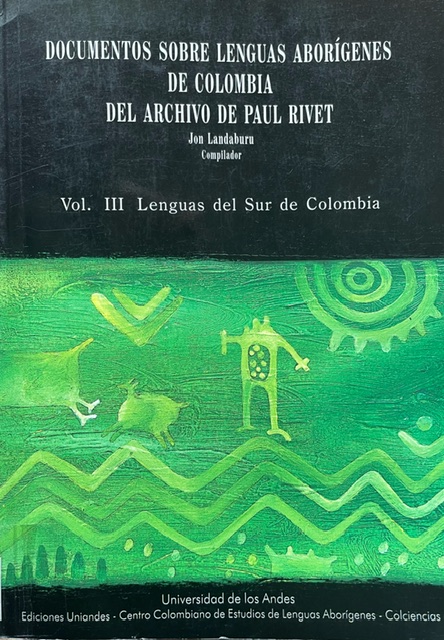Learning vocabulary in another language / I. S. P. Nation
Tipo de material: TextoIdioma: Inglés Series Cambridge applied linguisticsEditor: Cambridge, Reino Unido : Cambridge University Press, 2013Descripción: xi, 624 páginas ; 23 cmISBN: 978110762302Tema(s): Lenguaje y lenguas -- Enseñanza | Vocabulario -- Enseñanza | Adquisición de segundo lenguajeClasificación CDD: 418.0071
TextoIdioma: Inglés Series Cambridge applied linguisticsEditor: Cambridge, Reino Unido : Cambridge University Press, 2013Descripción: xi, 624 páginas ; 23 cmISBN: 978110762302Tema(s): Lenguaje y lenguas -- Enseñanza | Vocabulario -- Enseñanza | Adquisición de segundo lenguajeClasificación CDD: 418.0071 | Tipo de ítem | Ubicación actual | Colección | Signatura | Copia número | Estado | Notas | Fecha de vencimiento | Código de barras |
|---|---|---|---|---|---|---|---|---|
| Libros | Sede Centro | Colección General | 418.0071 N277 | ej. 1 | Disponible | tmt10 | 500080182 |
Incluye referencias bibliográficas.
Incluye índice analítico.
Incluye índice de autores.
Introduction. -- Learning goals. -- The four strands. -- Main themes. -- The audience for this book. -- The first and the second editions. -- Changes in the second edition. -- The goals of vocabulary learning. -- Counting words. -- How much vocabulary do learners need to know?. -- How many words are ther in the language?. -- How many words do native speakers know?. -- How much vocabulary do you need to use another language?. -- Frequency-based word list. -- Specialised vicabulary. -- Frequency levels in a large corpus. -- High-frequency words. -- Mid-frequency words. -- Low-frequency words. -- Specialised vocabulary. -- Zipf's law. -- Testing vocabulary knowledge. -- Training learner in choosing which words to learn. -- Knowing a word. -- Learning burden. -- Do L1 and L2 words share the same lexical store?. -- The receptive / productive distinction. -- Aspects of knowing a word. -- Levelt's process model of language use. -- Spoken form. -- Written parts. - Word parts. -- Connecting form and meaning. -- Cocept and referents. -- Associations. -- Grammatical functions. -- Collocations. -- Contraints on use. -- Item knowledge and system knowledge. -- Teaching and explaining vocabulary. -- What is involved in vocabulary teaching and what role should teaching play?. -- What are features of good vocabulary-teaching techniques?. --Which vocabulary learning activities are the best ones?. -- What learning conditions help vocabulary learning. -- How can we apply technique analysis to improving learning?. -- How should we do direct vocabulary teaching?. -- How should teachers dela with words in intensive reading?. -- What are the different kinds of vocabulary ativities and procedures?. -- Spoken form. -- Written form. -- Word parts. -- Strengthening the form-meaning connection. -- Concept and reference. -- Associations. -- Grammar. -- Collocation. -- Constraints on use. -- Vocabulary teaching procedures. -- How can we develop learner' fluency?. -- Should vocabulary-learning activities be matched to an individual's learning style?. -- How can computer-assisted vocabulary learning help?. -- Vocabulary learning help?. -- Vocabulary and listening and speaking. -- How vocabulary knowledge is needed for listening?. -- How can we provide vocabulary support for listening?. -- What helps vocabulary learning from lsitening to stories?. -- How much vocabulary learning occurs through listening to lectures?. -- How much vocabulary learning occurs through interactive task?. -- In there a special vocabulary of speaking?. -- How can learners develop fluency with spoken vocabulary?. -- How can teacher use input to increase vocabulary knowledge?. -- How can teacher use labeled diagrams to increase vocabularry knowledge?. -- How can techaer use cooperative tasks to focus on vocabulary?. -- How can a teacher design activities to help incidental vocabulary learning?. -- Designing the worksheets. -- An adapted activity. -- Vocabulary and reading and writing. -- Reading and the four strands. -- How much vocabulary is needed for reading?. -- How much reading in needed for vocabulary development?. -- Is input by itsef all that is needed for vocabulary development?. -- How can learners increase their readind vocabulary?. -- Is reading unsimplified text a good way to help voacbulary growth?. -- Will extensive reading of texts written for youung native speakers make reading easier for non-native speakers?. -- How can learners be supported when reading unsimplified text?. -- Glossing. -- Is reading simplified texts a good way to help vocabulary growth?. -- What are the features of a good graded reading scheme?. -- How can we design a good graded reading scheme?. -- How can we design a good graded rading programme?. -- Is extensive reading a good way to improve language proficiency?. -- Vocabulary and writing How much does vocabulary use affect the quality of writing?. -- How can we measure the quality of vocabulary use in writing?. -- How can we improve vocabulary use in writing?. -- Specialised uses of vocabulary. -- What is academic vocabulary?. -- Why is academic vocabulary important?. -- How can you make an academic vocabulary list?. -- How can you sequence the introduction of academic vocabulary?. -- What is nature and work and role of an academic vocabulary?. -- How can you test academic vocabulary?. -- How can you learn academic vocabulary?. -- What is technical vocabulary?. -- How can you ditinguish technical vocabulary from other vocabulary?. -- How can you learn technical vocabulary?. -- What roles can vocabulary play in discourse?. -- How is vocabulary related to the information content of a text?. -- How is vocabulary related to the information content of a text?. -- How is vocabulary realted to the organisation of a text?. -- How does vocabulary signal the relationship between the writter or speaker and reader or listener?. -- Words in discourse. -- How well does content-based learning support the learning support the learning vocabulary?. -- Vocabulary-learning strategies. -- What vocabulary learning strategies are there?. -- Planning vocabulary learning. -- Sources: finding infromation about words. -- Processes: establihing vocabulary knowledge. -- Skill in use: enriching knowlede. -- How can we train learners in strategy choice and use?. -- How well do learners use strategies?. -- What are the effects of training learners in strategy use?. -- Procedures thet inegrate strategies. -- Learning words from context. -- Which is best: intentional or incidental learning?. -- How are reading and vocabulary growth realted to each other?. -- What proportion of unknown words can be guessed from context?. -- How much vocabulary is learned from context?. -- What can be learned from context?. -- What clues does a context provide and how effective are they?. -- What are the causes of poor guessing?. -- Do different learners approach guessing in the same way?. -- How can learners be trained to guess from context?. -- Does drawing attention to words help learning from context?. -- Do glossing and dictionary use help vocabulary learning?. -- What formats should be used for testing or practising guessing?. -- What are the steps in the guessing-from-context strategy?. -- How should we plan the training of learners in the strategy of guessing from context?. -- Wrod parts. -- Is it the worthwhile learning word parts?. -- Where do English word come from?. -- How many words fit into a word family?. -- What are the most useful prefixes and suffixes?. -- Do language users see words as being made of parts?. -- What are the most useful word stems?. -- What knowledge is required for learner to use word parts?. -- What word-building skills should the teacher monitor and test?. -- What is the word part strategy for remembering new words?. -- Using dictionaries. -- Do learner use dictionary well?. -- Do dictionaries help learners understand and produce text?. -- Does dictionary look-up help with vocabulary learning?. -- What skills are needed to use a dictionary?. -- What dictionaries are the best?. -- How can we evaluate dictionaries?. -- Dictionary use and learning. -- Deliberate learning from word cards. -- Is learning from word cards a useful activity?. -- What is the most effective way of learning from word cards?. -- Is flashcard software useful for vocabulary learning?. -- How can we train learner in the use of word cards?. -- Finding and learning multiword units. -- What are multiword units?. -- Why are multiword units important?. -- How can we identify and count multiwird units?. -- Where can we find list of multiword units?. -- What is the range of ways to teach and learn multiword units?. -- Testing vocabulary knowledge and use. --Purposes of test. -- How can we test to see where learners need help?. -- How can we measure if learners have control of the important vocabulary learning strategies?. -- How can we test vocabulary to place learners in classes at the right level. -- How can we test wether a small group of words in a course has been learned?. -- How can we test whether the total vocabulary of the course has been learned?. -- How can we measure native speakers' and non-native speakrs' total vocabulary size?. -- What kind of vocabulary test item the best?. -- Is ti enough to ask learner if they know the word?. -- Should choices be given?. -- Should translation be used?. -- Should be words be tested in context?. -- Should vocabulary be teste in communicative context?. -- How can depth of knowledge about a word be tested?. -- How can we measure how well learners actually use words?. -- Designing the vocabulary component of a language course. -- Goals. -- Needs analysis. -- Environment analysis. -- Principles of vocabulary teaching. -- Content and sequencing. -- Format and presentation. -- Monitoring and assesment. -- Evalaution. -- Autonomy and vocabulary learning. -- The goals of vocabulary learning. -- What should be learned and in what order. -- Learning procedures. -- Checking learning. -- Appendices. -- Headwords of the Academic Word List. -- Vocabulary levels dictation test. -- Function verbs.
IMPOSOLUCIONES Compra 05/12/2018 Factura - 100
Lenguaje y lenguas




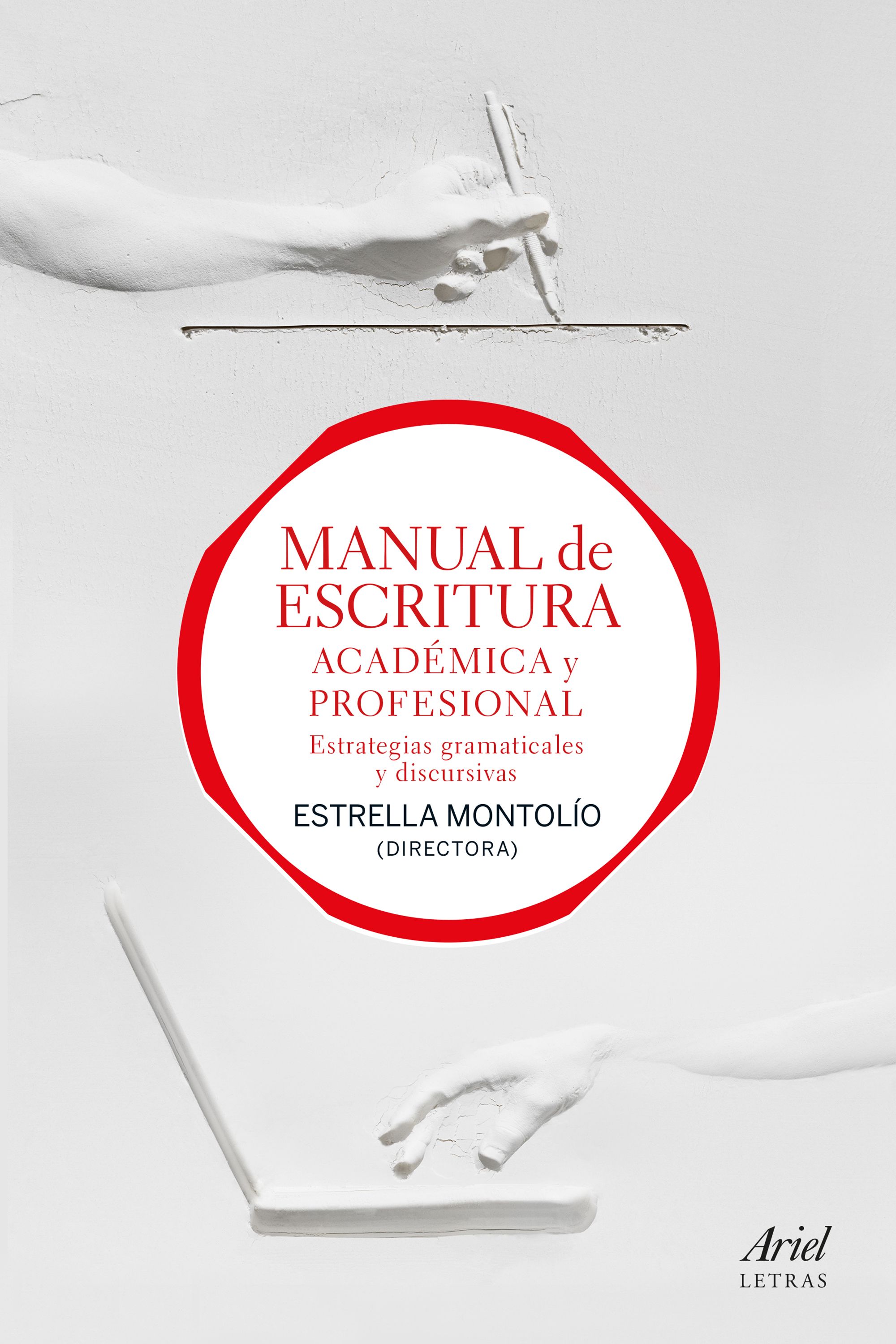
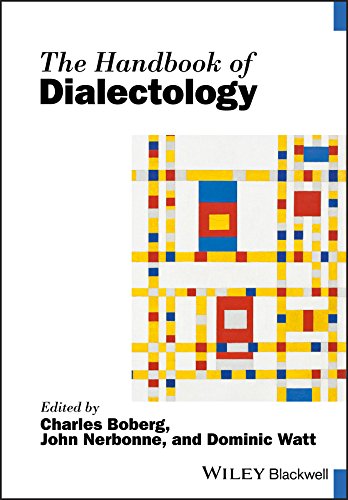
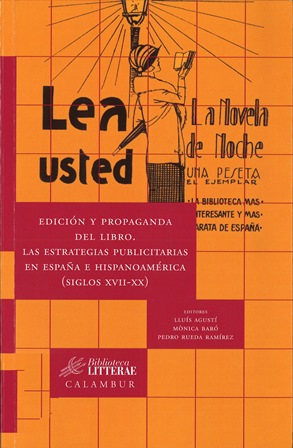
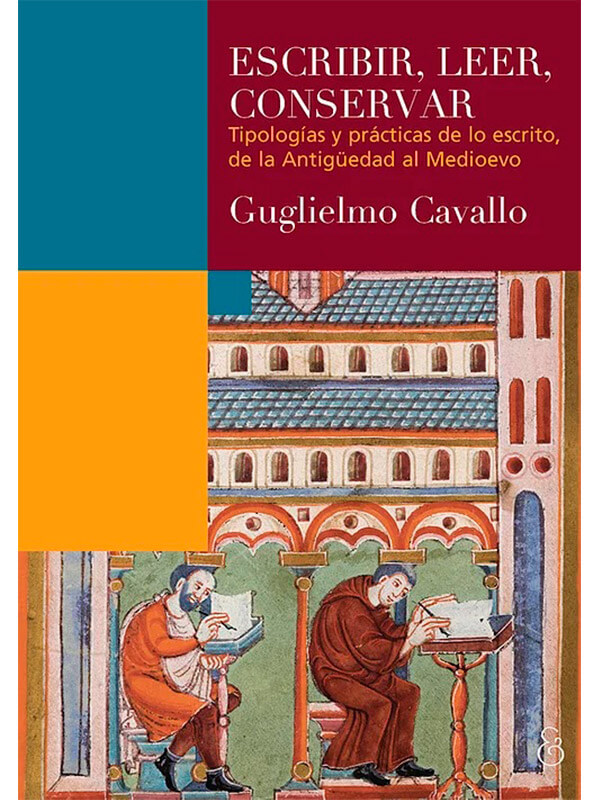
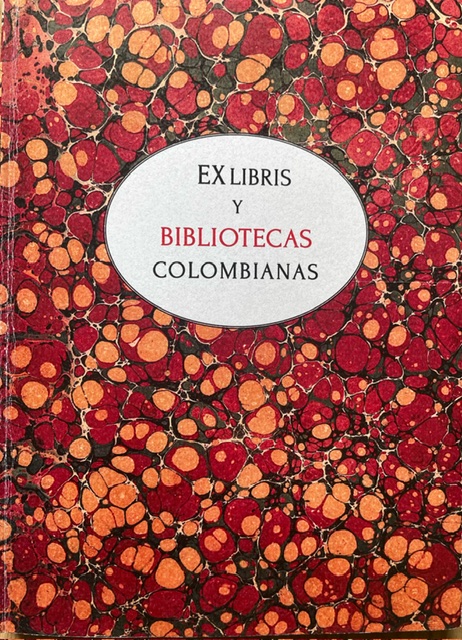
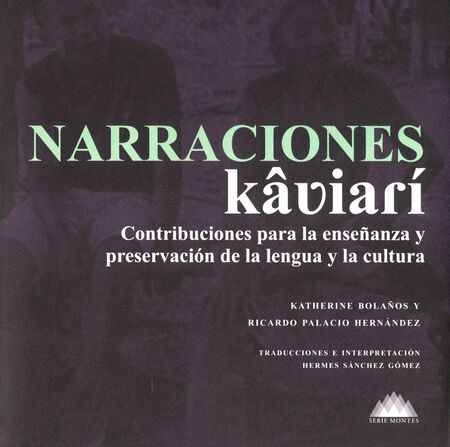
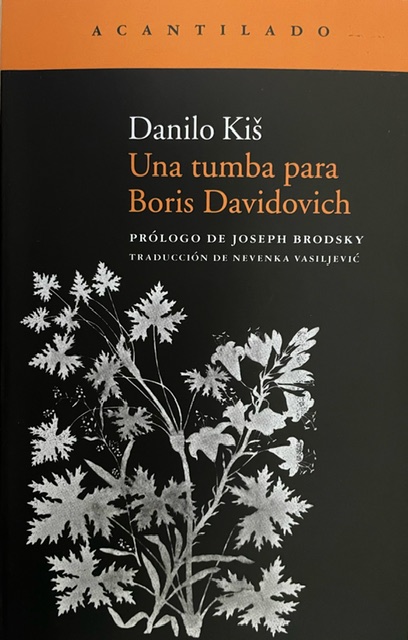
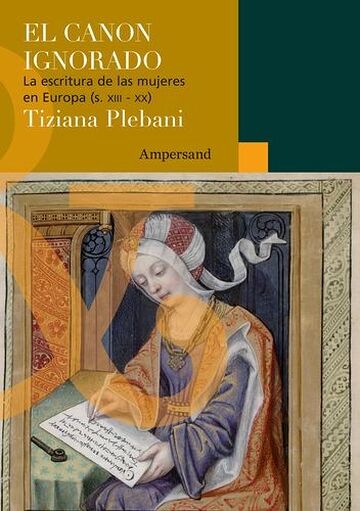
![Los indios katíos: Su cultura [y] su lengua / Constancio Pinto García Los indios katíos: Su cultura [y] su lengua / Constancio Pinto García](https://biblioteca.caroycuervo.gov.co/opac-tmpl/bootstrap/images/Portada9.jpg)
